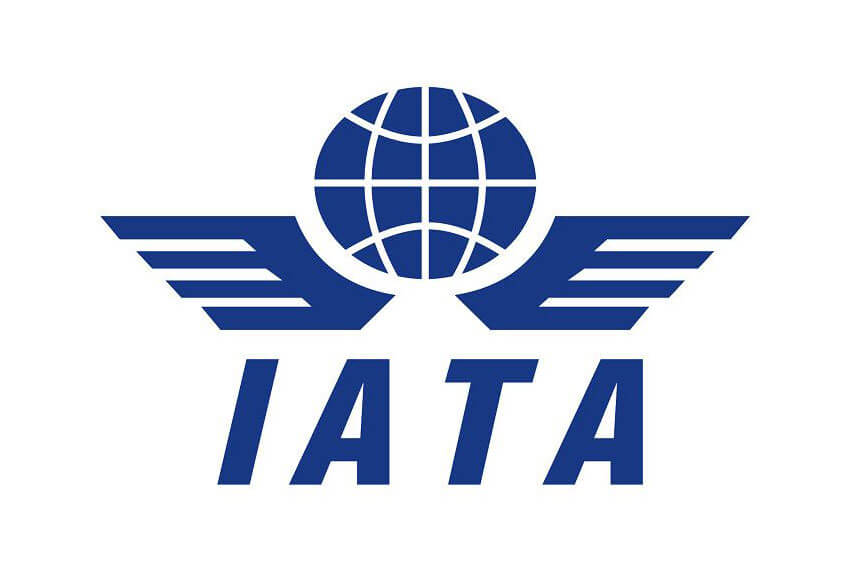The International Air Transport Association (IATA) has launched an environmental sustainability training program together with the University of Geneva (UNIGE).
While sustainability has played an important role in the industry for many years, it is a key priority as the sector rebuilds from the effects of the COVID-19 pandemic.
In a recent survey of more than 800 industry training professionals, sustainability was identified as a top training need, in order to ensure that employees can obtain the necessary fundamental technical and operational skills, but also the required soft skills.
The IATA – UNIGE Certificate of Advanced Studies (CAS) in Environmental Sustainability in Aviation consists of six modules covering the following topics:
- Design a Sustainability Strategy
- Environmental Management Systems in Aviation
- Responsible Leadership
- Sustainable Aviation Fuels
- Corporate Social Responsibility and Organizational Ethics
- Carbon Markets and Aviation
The various modules have been designed to illustrate how both individual actions and overall company policies effect sustainability.
Participants will learn to identify a set of measures which can be implemented to improve sustainability in the short, medium, and long-term.
The program also blends the environmental specific courses with corporate social responsibility, organizational ethics and responsible leadership, with the aim of allowing participants to find their own answers to what ‘leading responsibly’ means at their individual workplace and how to engage in responsible decision making and avoid ethical blindness.
“The aviation workforce is highly skilled as it needs to work to and comply with many global and industry standards,” said Willie Walsh, IATA’s Director General.
“Over the years we have been adapting our training offer to meet the changing requirements of the industry.
“Hence it should come as no surprise that we are now adding environmental sustainability training to our curriculum.
“Ensuring that all those working in this industry are given the opportunity to acquire these new skillsets is essential, as we increasingly place more emphasis on making our operations more sustainable, while rebuilding from the effects of the COVID-19 pandemic.”



